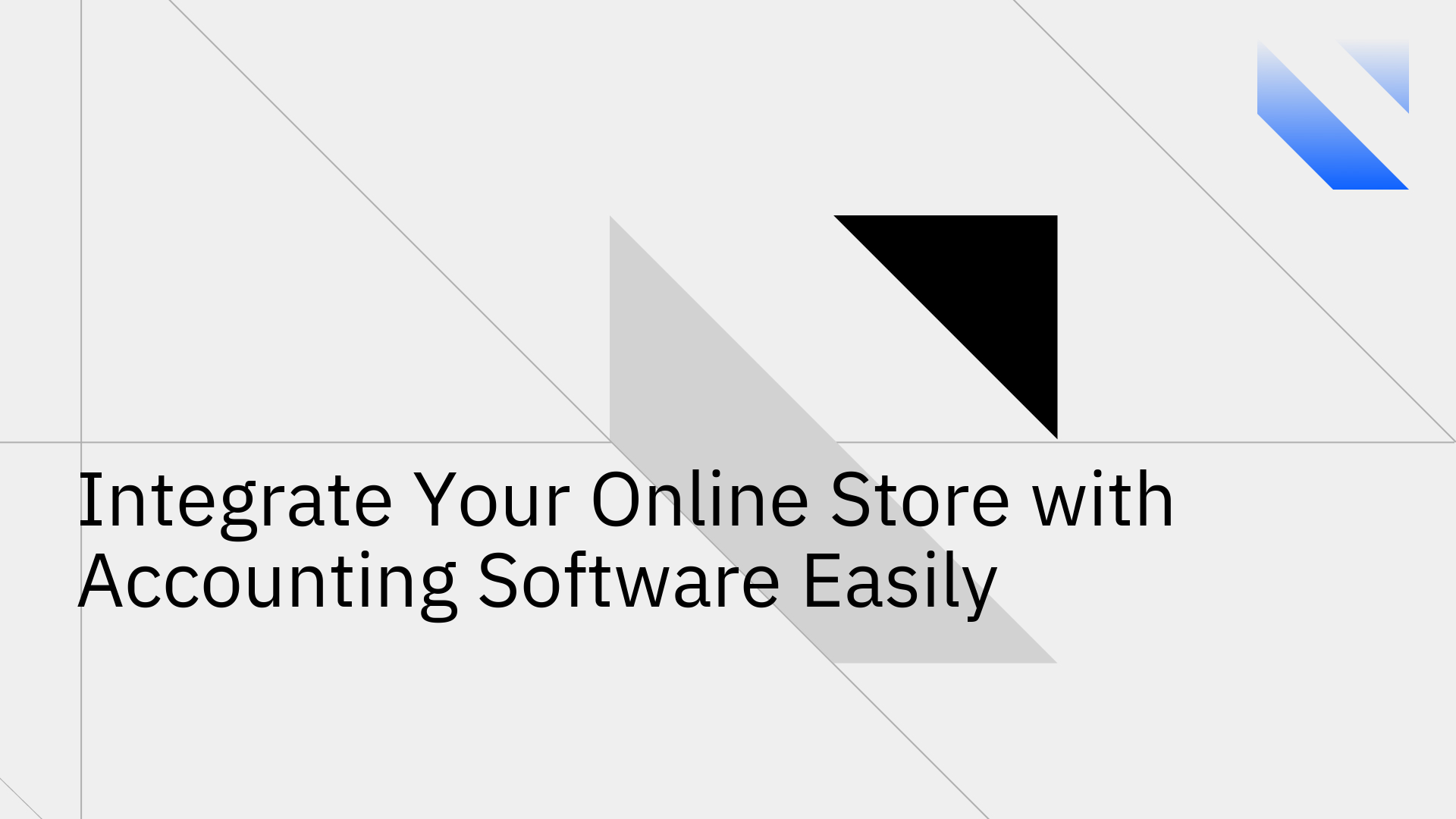
As your Shopify store scales, orders accelerate, and managing operations becomes increasingly complex. The initial rush of packing, shipping, and selling often leaves a critical operational gap: the disconnect between your e-commerce platform and your NetSuite ERP. This separation forces manual data entry for orders, customers, and inventory, creating a cascade of inefficiencies, fulfillment delays, and inaccurate financial reporting. The technical problem is clear: a lack of real-time, reliable data synchronization between your core operational systems.
Many businesses attempt to solve this with basic third-party app plug-ins. While these seem simple, they are often brittle, one-directional solutions that fail to handle the complexities of a growing business. They create data silos, introduce latency, and cannot provide the guaranteed consistency required for scalable operations.
Connecting a customer-facing platform like Shopify with a comprehensive back-office system like NetSuite is more than a simple data transfer. It requires a robust integration strategy that addresses several critical technical challenges. When evaluating how to connect NetSuite with Shopify, you must consider the following:
There are several common approaches to establishing a NetSuite Shopify integration, each with distinct technical limitations.
These are off-the-shelf plugins found in app stores. While easy to install, they are typically designed for simple use cases. Their limitations become apparent quickly as a business scales. They often lack true bi-directional sync capabilities, offer limited customization, and are prone to failure without robust error-handling mechanisms. This results in frequent manual checks and data reconciliation.
Developing a bespoke integration using Shopify and NetSuite APIs provides maximum flexibility but introduces significant complexity and risk. This approach requires substantial upfront investment in development resources, long build times, and ongoing maintenance to manage API changes and updates. The integration becomes a piece of internal software that is brittle, difficult to scale, and highly dependent on the engineers who built it.
General-purpose iPaaS solutions offer a wide array of connectors but are not purpose-built for the specific, complex workflows between Shopify and NetSuite. Configuring them to handle the nuances of order-to-cash cycles, inventory management, and financial reconciliation can be as complex as a custom build. They often carry a high total cost of ownership and may not deliver the real-time performance essential for e-commerce operations.
The technical inefficiencies of generic tools and custom code highlight the need for a specialized solution. Stacksync is an integration platform engineered specifically for establishing a real-time, bi-directional, and reliable sync between operational systems like Shopify and NetSuite. It is designed to solve the core problem of data consistency and operational efficiency without the complexity of custom development.
Stacksync provides a resilient, no-code platform that empowers operations teams to build and manage enterprise-grade integrations. By focusing exclusively on bi-directional sync, Stacksync delivers strong performance and reliability.
Key technical benefits of using Stacksync for your NetSuite Shopify integration include:
As your e-commerce business grows, the integrity of your operational data becomes paramount. While basic connectors and custom integrations may seem like adequate solutions initially, they introduce significant technical debt, operational risk, and hidden maintenance costs. Manual data reconciliation, a common symptom of a poor integration, is not a scalable strategy. Even minor errors can ripple through your operations, leading to inaccurate financial reports, mismanaged marketing budgets, and flawed strategic planning [4].
A dedicated, purpose-built platform like Stacksync provides the foundational infrastructure for growth. It moves beyond simple data mapping to offer a fully managed, reliable, and secure (SOC2 and GDPR compliant) solution. By abstracting away the complexity of API management, error handling, and scalability, Stacksync empowers your business to focus on what it does best: growing your brand and serving your customers.
Choosing the right integration strategy is a critical business decision. By connecting NetSuite with Shopify via Stacksync, you help ensure that your operational systems are aligned, empowering your team with consistent, real-time data to drive efficiency and growth.